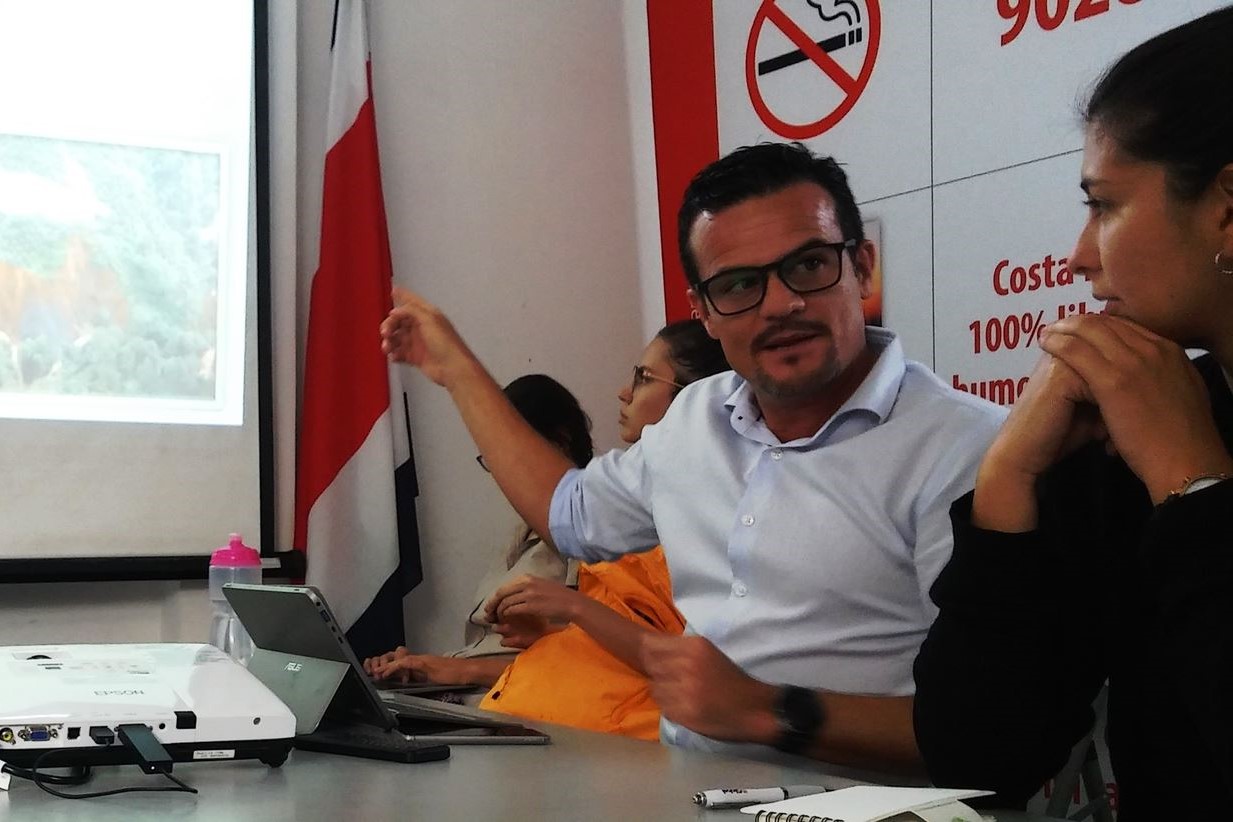Global Health is a rapidly evolving field focused on improving health outcomes and reducing inequities across populations worldwide. The increasing interconnectedness of health challenges (emerging diseases, climate impacts, and shifting health systems) creates a growing demand for professionals with a global perspective.
This program equips students with essential knowledge in areas like health systems, policy, epidemiology, and the social determinants of health, preparing graduates to contribute effectively to international organizations, NGOs, government agencies, and global research initiatives. Its flexible online format allows working professionals to advance their careers while developing the competencies needed to address today’s most pressing global health issues.

.png)





